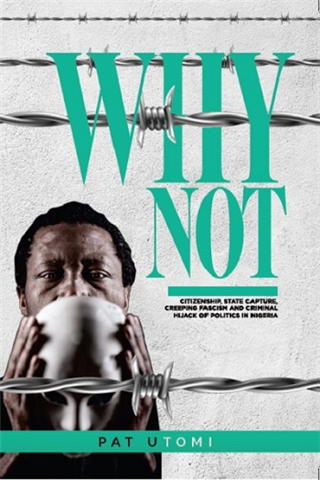Books by Pat Utomi

why not?
It is not the best of times to be a Nigerian. In 2018, both a Brookings Institution study and one from the Bill and Melinda Gates Foundation projection provided evidence that Nigeria had become the most miserable place to be human on earth. Yet in that same year, political primaries showed no measure of reflecting an effort to find leaders that could tackle the myriad of problems that confront what was once a country of promise. The pattern was of a criminal hijack of the bigger political parties and growing new fascism in which the complete domination of others in impunity that beggars belief was the norm. An ambivalent educated middle class, by action, and inaction, had become complicit in 21st-century slavery generally directed by conmen wearing the toga of the politician. All of these present a grave danger that the Nigerian state could degenerate into a criminal enterprise. What does this mean for citizens and the future of political parties? With evidence from a run for Governor, leading Political Economist and Professor of Entrepreneurship examines the inner bowels of this present darkness.

Loading the next 20 Records..…